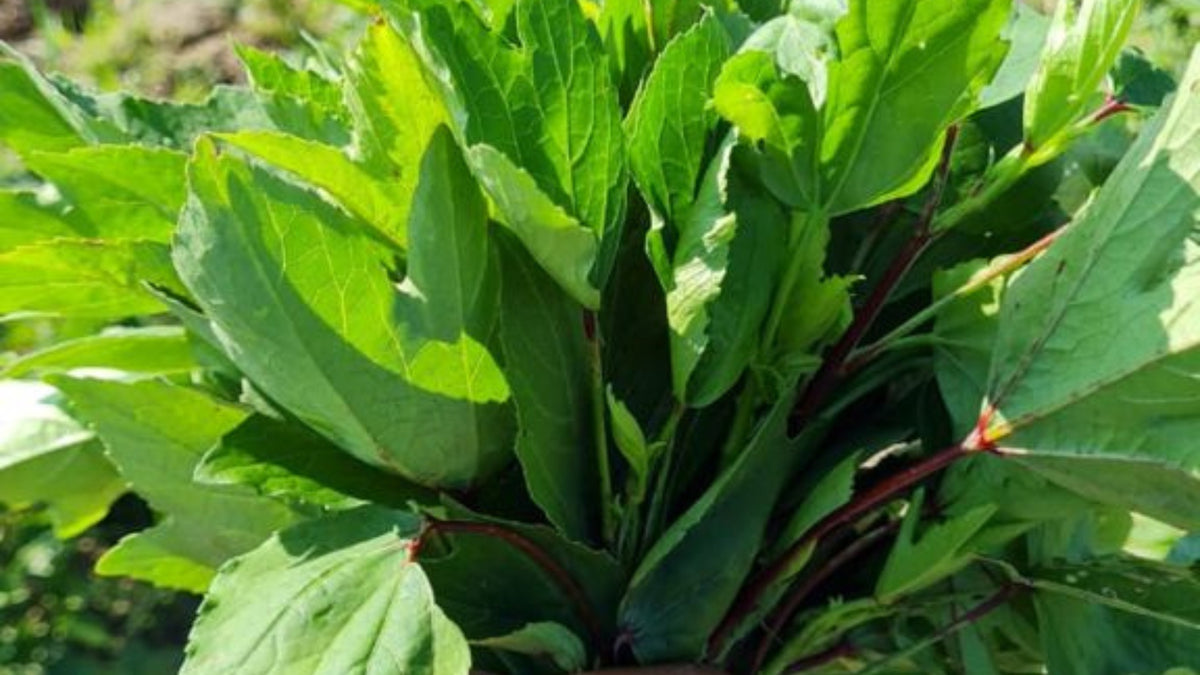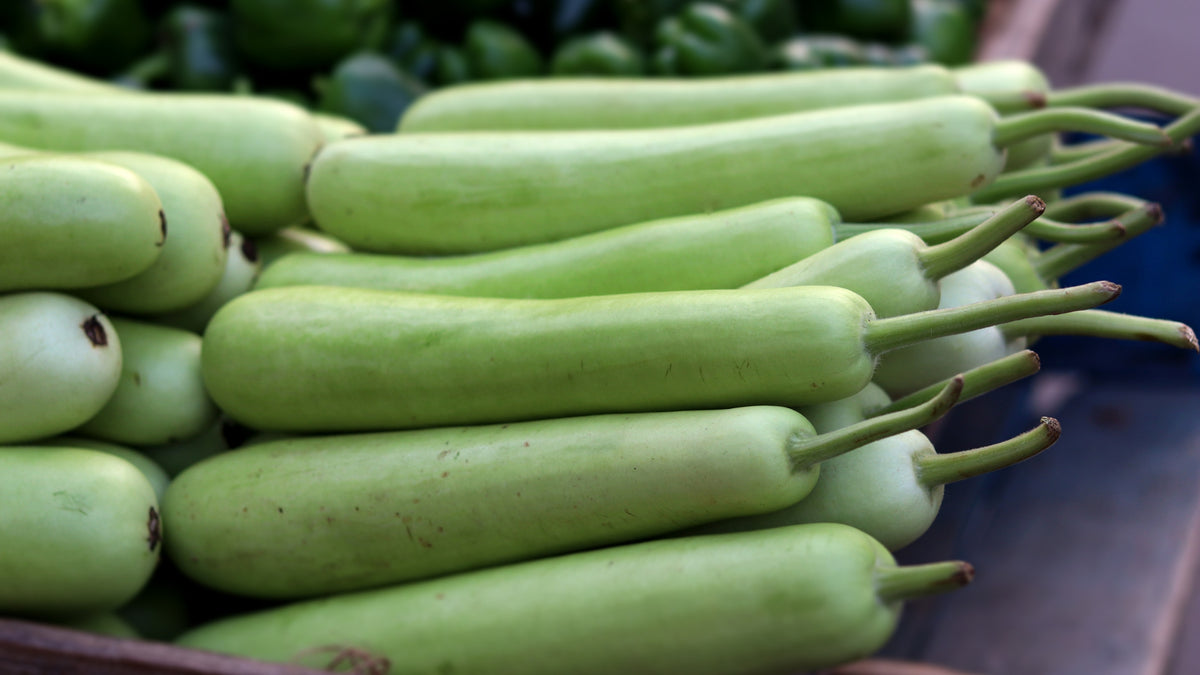
Sharad Ritucharya – Selfcare For Fall Season

Ayurveda suggests a simple fundamental principle for maintaining strong health. It is called dinacharya (daily routine) and ritucharya (seasonal routine). When you follow a well-designed daily and seasonal self-care routine suited toward your prakriti (personal constitution) which compensates for the seasonal ups and downs of the doshas, you can maintain good health, strength, and immunity.
Sharad Ritu is a Sanskrit name for the late summer or early fall season. This is the time of year when nature begins to lose its warmth and the days become shorter. During the late summer or early fall season, the plants lose their green color and shed their leaves, birds migrate south, and animals begin their winter hibernation process.
During the heat of the summer, vata dosha accumulates due to the dehydrating effect caused by the summer heat. During the late summer or early fall season, the rainy weather begins to increase. This causes an acidic atmospheric condition that produces gases. This is when the vata dosha begins to accumulate and digestion becomes weakened.
Pitta has also accumulated during the summer and early fall season, and due to the acidic conditions of the atmosphere it also weakens digestion. Pitta is aggravated during the late summer or early fall season. It’s the time when the temperature becomes cold on some days then turns hot on other days. Digestion becomes even weaker during the rainy cooling days of this season.
From mid-September to mid-November, our strength and energy maintains a medium strength and the strengthening movement of agni begins to increase amid this season.
Ayurveda recommends dietary changes to pacify pitta dosha, this includes foods that are madhura (sweet) and tikta (bitter or sharp) tasting, laghu (light), and sita (cold) to pacify vitiated pitta.
Pitta Season Diet and Lifestyle Recommendations
Lentils, green beans and yellow mung dal is ideal during this season, and tuvar (yellow pea) should be used sparingly along with channa, rajma, urad during the late summer or early fall season.
Sweet bitter and astringent vegetables are recommended, snake gourd, bottle gourd, bitter gourd, ash gourd are strongly pitta pacifying as they are sweet and slightly bitter.
It’s important to avoid foods with excess fats and oils, sea fish, yogurt, buttermilk, hot spices, alcoholic beverages, and fermented foods as they all aggravate pitta dosha.
Food should only be eaten when you are feeling hungry, no napping during the day, no excess exposure to sun light or excessive eating during this late summer or early fall season.
Supplements for Balancing Pitta Dosha
Digestive Products
Liver and Skin Products
Urinary and Kidney Products
General Health and Immunity
Head and Body Oils
If you have any questions about Kottakkal products, please contact julie@kottakkal.shop.
Disclaimer: These statements have not been evaluated by the Food and Drug Administration. Kottakkal Ayurveda products and information are not intended for use in the diagnosis, treatment, cure, or prevention of any disease. If you have serious, acute, or chronic health problems, please consult a trained health professional. If you are seeking the advice of a trained Ayurvedic professional, call (800) 215-9934 or email us at contact@kottakkal.shop. We will provide you with information to consult with Ayurvedic professionals. Always check with your doctor before taking herbs when pregnant or nursing.
Also in Healing with Kottakkal Ayurveda

Food is Medicine - Organic Gongura Leaf
Gongura, often referred to as Indian sorrel, is a leafy green vegetable packed with an array of health benefits. This vibrant green is a treasure trove of essential vitamins, minerals, and antioxidants.

Food Is Medicine - Organic Bottle Gourd

Boosting Energy and Rejuvenation with Narasimha Rasayana
Narasimha Rasayanam is an herbal jam formulated with base ingredients of butter, honey, and milk. This time-tested remedy is believed to promote balance within the body's three doshas, vata, pitta, and kapha and supports a range of health concerns. From supporting physical strength and hair health to promoting rejuvenation and cognitive function, Narasimha Rasayanam offers a multifaceted approach to well-being.


Vaidya Vishwanath
Vaidya Vishwanath grew up in Pune, India which is hub of traditional Ayurvedic gurukul teachings, following the principles of Ayurveda as part of his culture. He has dedicated his career over the past 1 ½ decades to the science of Ayurveda.